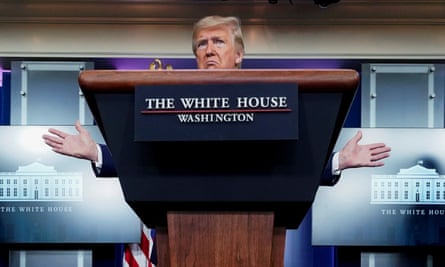On October 16, the U.S. Department of Justice released a statement regarding its investigation into RTX, formerly known as Raytheon Company, for allegedly inflating prices on missile and defense service contracts and for bribing senior officials in Qatar. In a notable resolution, Raytheon agreed to pay over $950 million to settle these charges with the U.S. government.
As part of this agreement, Raytheon will make the substantial payment and strengthen their internal controls while cooperating with ongoing investigations, resulting in a deferred prosecution agreement. Should Raytheon adhere to the terms over the next three years, the charges against them will be dismissed by prosecutors.
The Justice Department highlighted that Raytheon acknowledged inflating prices on two contracts, committing fraud related to the procurement of Patriot missile systems and radar system support activities signed between 2012-2013 and 2017-2018. The inflated costs amounted to approximately $110 million; however, the identities of the victims in this case have not been disclosed.
The settlement in the Boston case comprises a $140 million fine and $111 million in restitution to the victims.
Additionally, the investigation revealed that from 2009 to 2020, Raytheon provided false pricing on various international arms sales contracts. This included inflated labor costs for radar maintenance and double billing, violating honest pricing regulations. As part of a civil settlement with the Justice Department, Raytheon agreed to pay $428 million.
In another significant finding, the Eastern District of New York’s prosecutors discovered that Raytheon bribed a Qatari Air Force official with around $2 million between 2012 and 2016 to secure defense contracts, violating the Arms Export Control Act. Raytheon has consented to pay a $250 million penalty in connection with this allegation.
 View image in fullscreenTrump leads a coronavirus taskforce meeting in April 2020. Photograph: Joshua Roberts/ReutersTrump, however, did not agree to provide the help, which was only given once Joe Biden came into office. “Trump consciously and maliciously withheld assistance in a fit of juvenile pique because my state had the effrontery to question his policies,” Inslee told the Guardian.
View image in fullscreenTrump leads a coronavirus taskforce meeting in April 2020. Photograph: Joshua Roberts/ReutersTrump, however, did not agree to provide the help, which was only given once Joe Biden came into office. “Trump consciously and maliciously withheld assistance in a fit of juvenile pique because my state had the effrontery to question his policies,” Inslee told the Guardian.